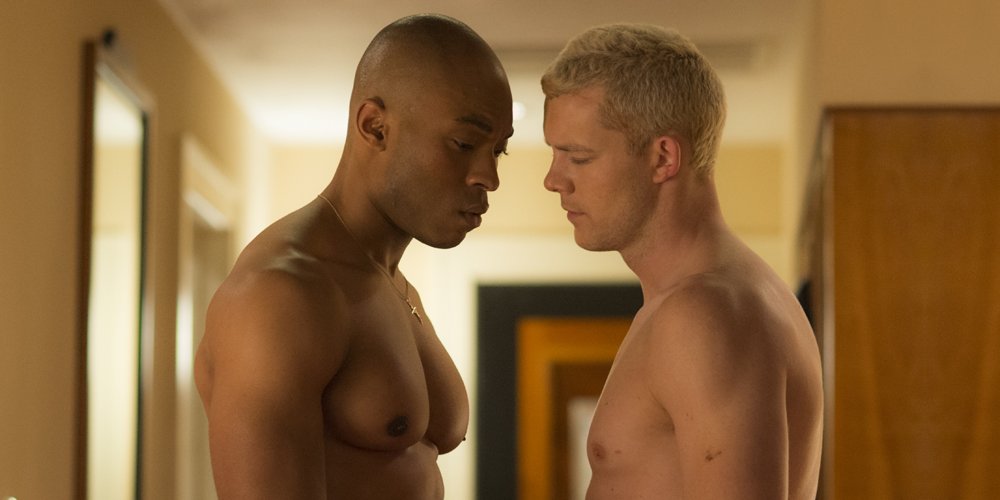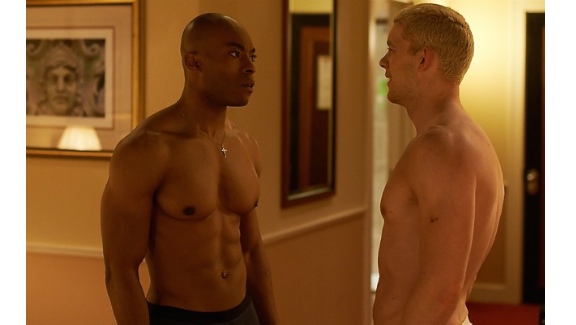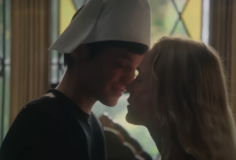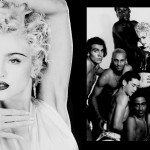“You’re the last thing I remember of any value,” says a teary-eyed Jason, to his former best friend, would-be lover, and the man whose future he derailed.
Fraught with emotion and masculine energy, The Pass—directed by Ben A. Williams—is a force of a film. Russell Tovey (Looking, Pride, The History Boys) reprises his original role as Jason in the big screen adaptation of the original play. Together with Arinzé Kene (EastEnders) who plays Ade, the actors shine as hyperactive buddies, and later, as each other’s haunting “what if.”
The film is rendered in 3 parts, each set in different hotel rooms throughout Europe, and each separated by 5 years. The first chapter, taking place in 2006, tells the story of Jason and Ade, schoolmates and best friends, both promising teenage soccer stars, and both vying for the same spot on a talent scout’s roster for the big leagues. In this segment, the two remain solely in their underwear (or less) and alternate between whimsical romps in the cramped space and tense discussions about their aspirations.
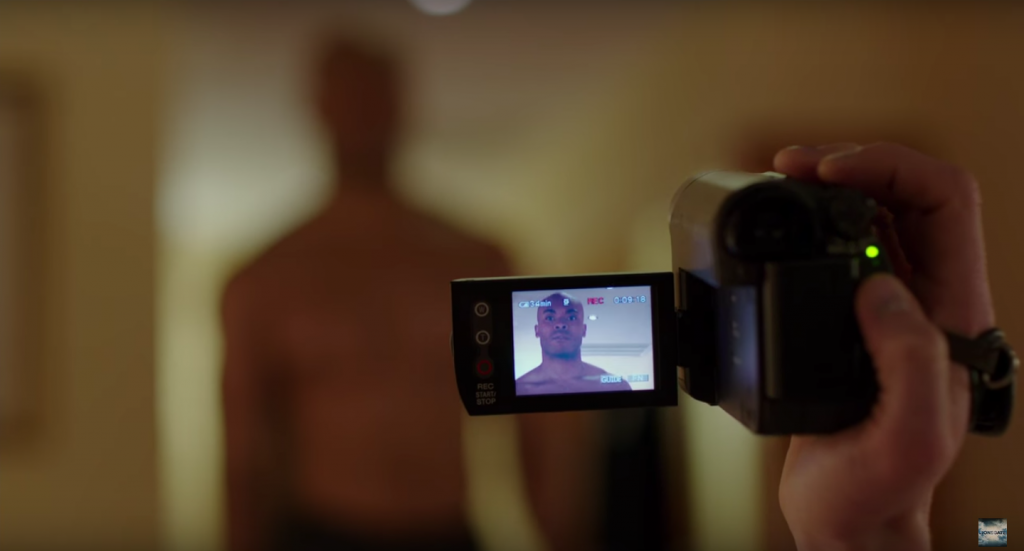 After boasting of how many women they’ve slept with, an unsettling attempt at Nutella-made blackface, and Ade’s claim that Jason is rumored to be too “posh,” Jason finally makes his first play: asking Ade to pass him the ball during tomorrow’s big game and give him a chance to show off his skills. But when Ade evades the request, Jason’s second play—a kiss—is what sets both teens’ fates into motion.
After boasting of how many women they’ve slept with, an unsettling attempt at Nutella-made blackface, and Ade’s claim that Jason is rumored to be too “posh,” Jason finally makes his first play: asking Ade to pass him the ball during tomorrow’s big game and give him a chance to show off his skills. But when Ade evades the request, Jason’s second play—a kiss—is what sets both teens’ fates into motion.
The second portion of the film takes place in 2011 in a much fancier hotel. This is Jason’s room to himself, fulfilling Ade’s accusation that he is in fact too posh. But on this night, he brings a young woman home with him. Lyndsey, played by Lisa McGrillis (Much Ado About Nothing [2012]), spends the better part of the night angling the hidden camera in her purse to film herself in the act with Jason, who has become Britain’s most popular football athlete. But once it comes to light exactly who paid her to make a sex tape with Jason, he reveals the emotional turmoil of his failing marriage and the impossibility of coming out as a sports celebrity.
In its final act, Ade shows up to Jason’s newest hotel room—even more lavish than the last—and it is 2016, a decade since they last spoke. Jason is already a few pills in and several bottles down, and Ade is guarded. But soon the shirts are off again, and what began 10 years prior as teenaged whimsy is now replaced by a dark cyclone of rage, yearning, and betrayal.
Well-written, superbly acted, artfully directed, and masterfully edited, the film is a triumph for queer cinema. What could have easily been another low-budget straight-to-video gay movie is instead a powerful depiction of toxic masculinity and the warpath created by deceit. And unlike other sex-heavy fluff features in Netflix’s LGBT category, The Pass backs up its feast of skin and muscle with brilliant and mysterious storytelling, true to its dramatic origins as a stage play.
The cinematography is surprisingly dynamic for a feature shot entirely in single rooms. The well-designed sets themselves take on a life of their own, simultaneously representing safe, private retreats from the world, and claustrophobic prisons where the characters’ internal demons consume them.
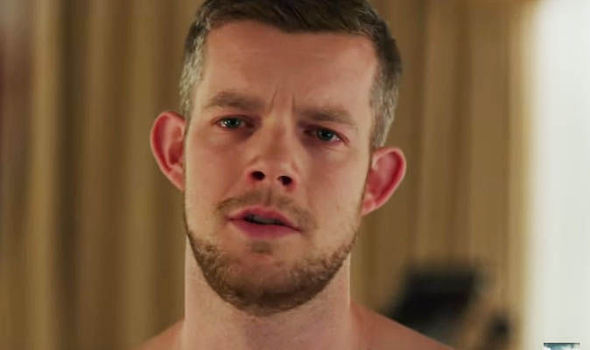 The audience is left to learn that “the pass” itself represents 3 distinct actions. When Jason neglected to pass the ball to his teammate and instead made a tricky shot on the goal himself, he scored, securing his position on the roster and ultimately ensuring Ade’s failure to impress the talent scouts. And the night before, when Jason made a pass at his best mate, Ade is left to wonder for years if the kiss was intended to fray his nerves and sabotage his performance the next day, or if it was truly out of love.
The audience is left to learn that “the pass” itself represents 3 distinct actions. When Jason neglected to pass the ball to his teammate and instead made a tricky shot on the goal himself, he scored, securing his position on the roster and ultimately ensuring Ade’s failure to impress the talent scouts. And the night before, when Jason made a pass at his best mate, Ade is left to wonder for years if the kiss was intended to fray his nerves and sabotage his performance the next day, or if it was truly out of love.
Lastly, and most poignantly, Jason has spent his entire life passing as straight, harming those who would get close to him and isolating himself in a delusion of wealth and fame. This is a particularly adept critique of the sports industry’s debilitating expectation that no athlete is free to come out as gay and remain successful in their career. And despite Lyndsey responding to this expectation with disbelief—“Come on, it’s 2011”—the archaic rule somehow thrives despite advances in queer equality.
In the end, we realize Jason’s childhood dream to become a famous footballer came true, and ruined his life. Had Jason passed the ball to his friend, Ade would have scored, and their places could easily have been switched: Jason destined to become the happy, partnered, humble plumber free to be himself; Ade, the wealthy and isolated celebrity athlete who finds his only comfort at the bottom of a bottle.
Tovey delivers perhaps his best screen performance to date in this dynamic role, matched expertly by Kene’s subtle illustrations of fury and affection. And with the clean, crisp delivery of an emotional shitstorm, young Ben A. Williams has marked himself as a talented director to watch.
The Pass will be screening at TWIST: Seattle’s Queer Film Festival on October 23rd at Cinerama. Buy your tickets here.


